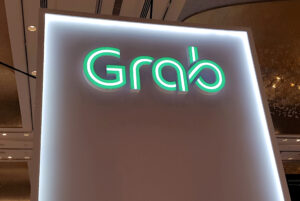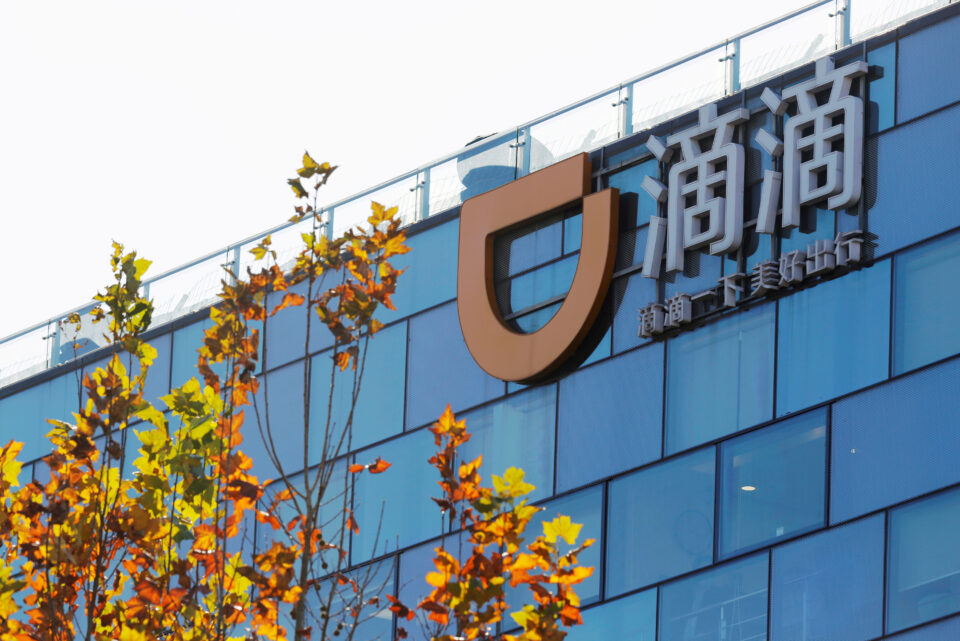HONG KONG, April 1 — Mergers and acquisitions (M&A) in the Asia-Pacific region fell to a decade low in the first three months of this year as a tumultuous geopolitical and macroeconomic environment left dealmakers cautious.
The value of deals involving Asian companies totalled $176 billion in the first quarter of 2023, 34 per cent less than in the same period of 2022 and the lowest since 2013, Refinitiv data showed.
There are signs of a slow recovery, deal advisors told Reuters, citing an increase in their conversations with private equity firms and corporations over strategic plans for assets.
However, conditions are still far from favourable, they said, considering the impact of interest rate hikes worldwide, the Russo-Ukrainian war, and Sino-US tensions.
The collapse of Silicon Valley Bank and the rescue of Credit Suisse Group AG added to the negative sentiment, even without directly impacting Asian dealmaking, advisors said.
“With these uncertainties, we have clients who are putting their deals on hold or moving at a slower pace. We also encourage clients to continue with the process at a slower pace, and yet be poised and ready to get a deal done when there is sufficient clarity,” said Singapore-based Keoy Soo Earn, financial advisory regional managing partner at Deloitte Southeast Asia.
Australia was the region’s only major market to see first-quarter M&A growth, with a deal value up 3.5 per cent to $36.6 billion, Refinitiv data showed.
The natural resources and energy sectors were particularly active, with Newcrest Mining Ltd’s potential $18.5 billion merger with Newmont Corp and Brookfield Asset Management Ltd’s $10.2 billion acquisition of Origin Energy Ltd pushing total inbound deal value up 192 per cent, the data showed.
“A lower (Australian) dollar makes Australia attractive if you are operating out of the US in particular,” said Paul Rathborne, head of investment banking at MA Moelis Australia.

“Australia is seen as a relatively stable, benign place to invest at present. You will always have a good level of inbound for certain types of businesses,” he said.
Australia-listed firms are of interest to offshore funds as they trade at a material discount to equivalent businesses in Europe, Rathborne added.
M&A activity in China, Asia’s biggest deals market, also dropped to a decade low in the first quarter, by 22 per cent to $64 billion, Refinitiv data showed.
The end of China’s strict Covid-19 containment measures is likely to rekindle deal activity, although advisors said meaningful transactions may only happen from the second half of the year should evidence of economic recovery start to show.
Asian transactions backed by private equity, the region’s major deal driver, fell 33 per cent to $36 billion, the data showed.
Private equity firms are likely to continue facing short-term financing challenges but stand ready to deploy their record unspent capital when the time is right, advisors said.
“It is probably a good time for investors able to get deals done in the downturn,” said Singapore-based Tom Kidd, partner at Bain & Co.
“I think over the next kind of 12 or 18 months, you’re going to see that some of the deals being done during this period of time, the ultimate returns will be quite good,” he said.
Total unspent private equity capital in the region rose 20 per cent last year to a high of $676 billion, Bain & Co said.
UBS Group AG is focusing on smaller deals as those are easier for buyers to pursue given financing challenges, said Samson Lo, co-head of Asia Pacific M&A at the Swiss bank.
“We expect to see sponsors exiting when it comes to assets that are near the end of the holding period or that have been previously on the block,” Lo said.
In Japan, the quarter’s stand-out deal was Toshiba Corp accepting a $15 billion buyout from a consortium led by Japan Industrial Partners nearly a year after bidding began.
— Reuters





